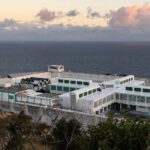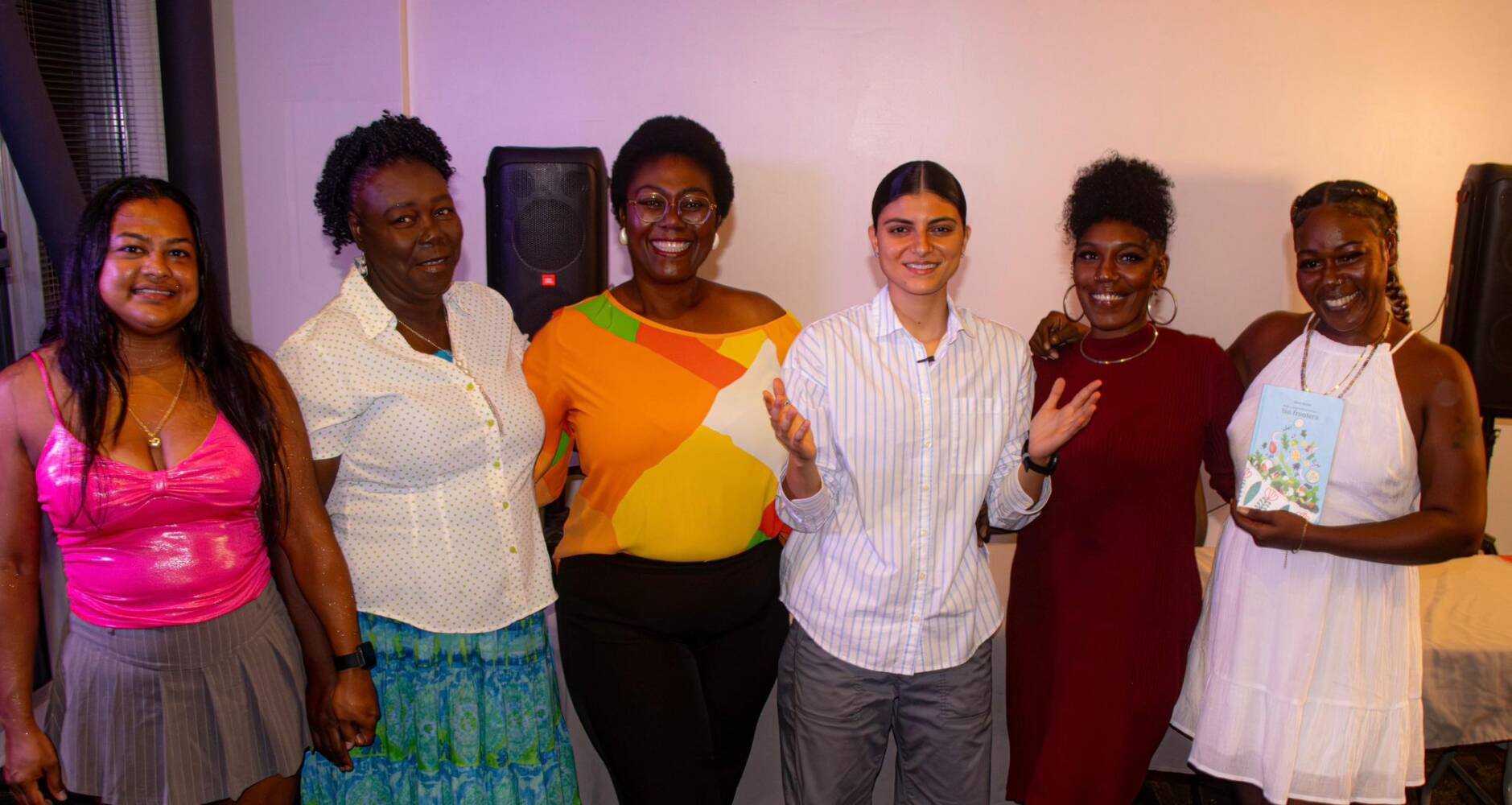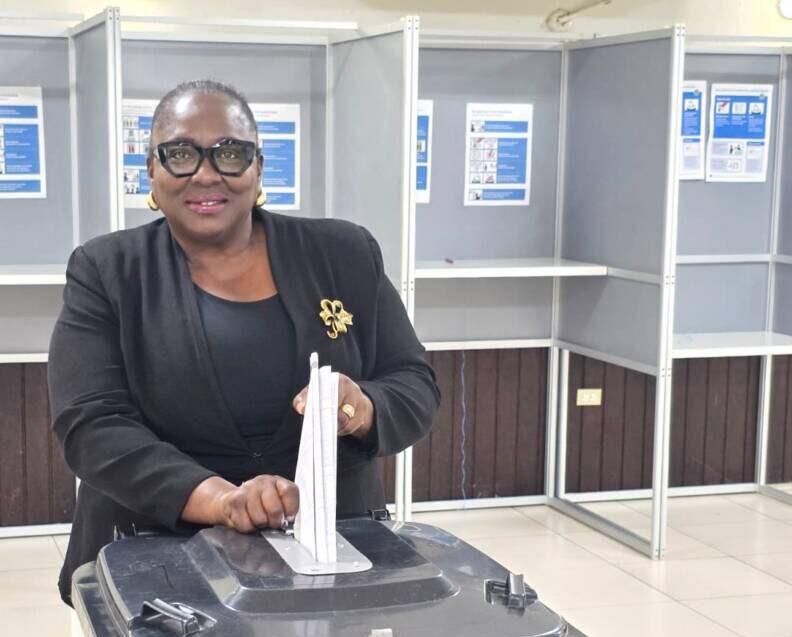PHILIPSBURG – Half of the container cells from Bonaire, that have to – temporarily – solve the cell shortage on Sint Maarten, arrived on the island on Friday. This is according to Tjandra Lake of the ministry of Justice of SInt Maarten. Eleven containers were transported to Sint Maarten with the help of the Ministry of Defense on the marine vessel, Zr. Ms. Pelikaan. The containers will be transferred to Point Blanche prison sometime next week.
The lack of prison cells has been the reason why (youth) criminals have be detained for too long in police station cells or were allowed to await their trials in freedom.
Attorney Shaira Bommel confirmed that two of her clients spent almost the entirety of August in police station cells and that they were sent home on the 28th of August. One of these clients is the suspect in an armed robbery case and weapons possession case.
22 container cells have been made available for Sint Maarten. The rest of the containers will be transported shortly by a shipping company, says Lake. “We find it extremely important that this project is managed properly because we would like to get our suspects, some of which are detained abroad, back home. For this reason proper funds have been allocated to the project.”
Decreased detention capacity
The Point Blanche prison had a capacity of 120 detainees but due to the damage caused to the building by hurricane Irma in 2017, this has been lowered to 80. And after a ruling by the European Court of Human Rights, only two individuals can be detained in the police station cells instead of three. That lowered the detention capacity by one third.
Nico Schoof, chairperson of the Voortgangscommissie Sint Maarten, has his doubts about the container cells: “It creates more capacity but the containers will be placed in the center of the yard. That leaves less space for recreational activities.”
The Voortgangscommissie Sint Maarten has been sounding the alarm for nine years. In two weeks’ time the commission will publish its 34th report. In most of these reports Schoof and his commission members have always stated their concerns about the prison system on the island. Even if the commission is slightly positive this year.
“The commission is positive about the actions that were taken during the last months and the visible improvements but for years there was hardly any improvements made. Two years ago we even suggested to Parliament that they dissolve the commission because nothing was being done by Sint Maarten nor the Netherlands”, says Schoof.
The commission notes that with the new minister for Justice, De Weever, and a new warden they are ‘at least seeing some plans’. The minister has an additional 23 employees (security personnel and custodians) in training. But a lot still has to be done. “A lot still has to be done to get Pointe Blanche to where it needs to be. The capacity is too low, reintegration is not at the level it’s supposed to be, as is the case for the probation services and the Guardianship Council”, writes the commission in its report from May of this year.
Criminals back on the streets
The Prosecutor’s Office has its hands full with the shuffling of detainees in the police station cells and the Pointe Blanche prison. “Due to the amount of square meters required per detainee we can no longer detain three individuals in one cell but only two. That coincides with the terms that were set up so that we can speak of the humane detention of individuals”, according to chief prosecutor Mirjam Mol.
“A huge investment has to be made in law enforcement on Sint Maarten. A new prison has to be built. Besides detention capacity, there’s a need for more employees at the Probation Office and the Guardianship Council. We need a proper Youth Probation Office, psychiatric care facilities, addiction treatment, and victim support services.”
Mol also admits that: “If there’s not enough detention capacity to lock up individuals who pose a serious threat to the public safety on Sint Maarten, these individuals are released back onto the streets.”
Schoof adds: “This has been unacceptable and unsafe situation within the Kingdom for years.”










